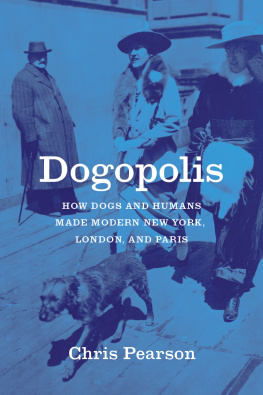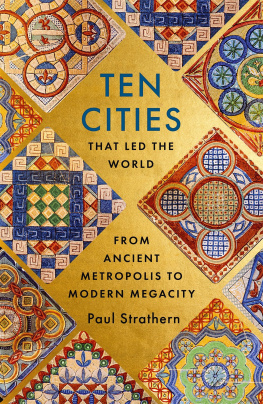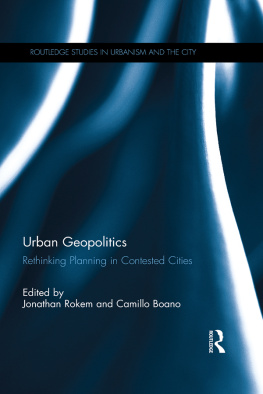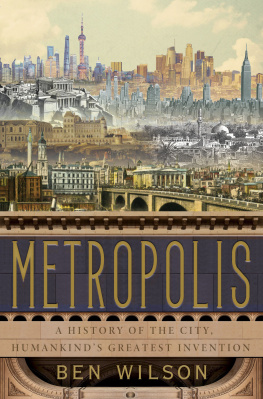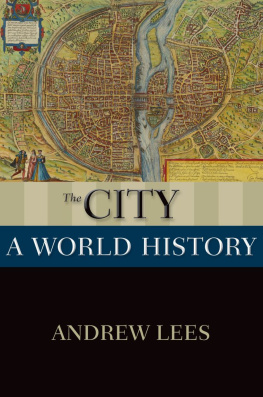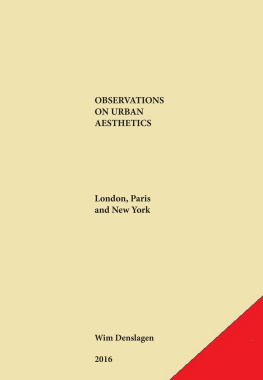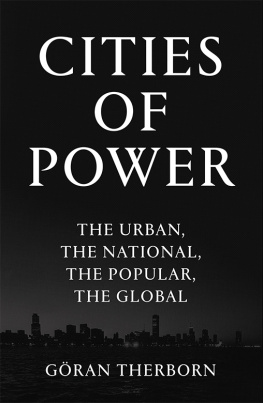Published in Great Britain in 2013 by Atlantic Books,
an imprint of Atlantic Books Ltd.
Copyright Jonathan Conlin, 2013
The moral right of Jonathan Conlin to be identified as the author of this work has been asserted by him in accordance with the Copyright, Designs and Patents Act of 1988.
All rights reserved. No part of this publication may be reproduced, stored in a retrieval system, or transmitted in any form or by any means, electronic, mechanical, photocopying, recording, or otherwise, without the prior permission of both the copyright owner and the above publisher of this book.
Every effort has been made to trace or contact all copyright holders. The publishers will be pleased to make good any omissions or rectify any mistakes brought to their attention at the earliest opportunity.
10 9 8 7 6 5 4 3 2 1
A CIP catalogue record for this book is available from the British Library.
Hardback ISBN: 978-1-84887-026-0
Ebook ISBN: 978-1-78239-019-0
Paperback ISBN: 978-1-84887-025-3
Printed in Great Britain.
Atlantic Books
An Imprint of Atlantic Books Ltd
Ormond House
2627 Boswell Street
London
WC1N 3JZ
www.atlantic-books.co.uk
INTRODUCTION
Rough Crossings
The Doll in the Diligence
Somewhere north of Abbeville, spring 1778
H old it in your lap, please, dont let it drop.
Dont worry, Im holding her tight.
That was it, then. The two women were sitting to his right. He could tell he had a gentleman to his left by his snores, which even the hardest jolts had not interrupted. But until now he hadnt been able to work out who was sitting next to him on the other side. Given the way everyone was squeezed together, he presumed there were another three passengers on the seat opposite him, and another by the opposite door on the right. But they remained silent, so he had only the pressure of clothing and knees to go on. What with the ladies long dresses and the travelling cloaks, it was almost impossible to determine where one person stopped and another began. He felt like a mouse trapped inside a ladys workbox that was being shaken violently.
It was still dark when he had entered this London-bound coach at Abbeville. He had been the last of the eight passengers to board, and the window curtains were drawn. As was usual, the coach had left the Bureau de la Diligence de Londres in the Rue Notre Dame des Victoires the day before, one of three noon departures a week. Leaving Paris via the Porte Saint-Denis, it had passed through Clermont-en-Beauvaisis, stopping for dinner at Amiens. It had then continued to Abbeville, where he had snatched a few hours sleep before this early morning departure. He had his trusty copy of The Spectator in his pocket, but, like sleep, reading on the journey was clearly impossible. But then, he had read it so many times that he almost had it committed to memory.
And anyway, he was determined to be an attentive traveller. Hadnt he agreed to send reports back to a friend in Paris who edited a weekly newspaper? Once in England, he would observe the customs of the country with the eye of reason, taking time to study them closely and consider their advantages and disadvantages, rather than jumping to conclusions or simply parroting the prejudices of his fellow Frenchmen. He knew he had a lot to learn. He wasnt going to be like those aristocrats who visited London simply because it was fashionable, whose insights went little beyond noting that London, like Paris, has courtesans, gardens and theatres, and that you can get drunk on champagne there just as you can at home.
But how much longer was this journey going to take? Today they would dine at Montreuil-sur-Mer (which wasnt on the sea), spending the second night at Boulogne, where he had to decide whether to board ship for Dover or press on by road to Calais, where the Channel crossing was shorter. He cursed whomever had invented this moving building, the diligence [Fig. 1]. Compared to the carriages in which he had travelled around Paris, this infernal machine was archaic. None of those leaf-springs that made a ride in a berline so smooth. No fine carriage work here. Instead the massive cabin of wood and wicker swung on chains from the huge chassis, rocking violently every time the enormous wooden wheels hit a rock or a hole in the poorly surfaced road. And now, to make things worse, these two ladies were nervously fussing over well, what?
A lapdog? Some equally spoiled brat of a child? Either way, they were in for some yapping or mewling, he knew it. He wondered idly whether it would rouse the man on his left, deaf to the world. Not that he could blame the child. Terrible, how fashionable ladies wrapped up their children in rich garments that restricted their movements and even stunted their growth. They werent so foolish in England, he knew; there children of even the highest rank wore plain cotton clothes, which allowed them to move and play freely. Yes, those English certainly had a lot to teach us, he mused, pleased at the thought that he was already making useful observations on national customs, even though he had barely got under way.
The creaking, jolting and snoring continued for several hours. Gradually the sky lightened somewhat. Somewhere over there in the gloaming one of his fellow passengers awoke. Entirely forgetting that he was in the London diligence rather than tucked up at home, he made to rub the sleep out of his eyes. Lifting his arms, his elbows poked both of his neighbours in the face, setting off a wave of expletives and apologies in a babble of French and English, both good and bad:
Ouch!
Sir...
Ah!
Monsieur, je vous demande excuse!
Mind what youre about!
Madam, I beg your pardon.
Several of his fellow passengers were clutching or holding personal items in their laps things too precious to leave in their trunks which were piled in the luggage compartment over the front axle, where they were open to the prying gaze of every tiresome customs official. In the excitement these things slid to the floor, from where they were almost irretrievable.
It was now light enough for him to make out from his plain dress that the gentleman opposite and to the right was a Huguenot. He had been clinging on to a heavy breviary, probably because it would have pushed his trunk over the weight limit (there was a one-bag limit on the diligence, and you had to pay for every extra pound). On its journey to the floor it collided with the heavily swaddled creature on the ladys lap, striking it roughly where the head would have been. The woman shrieked. It must be a child, after all. Keeping his head, he reached across his neighbour, pulled up the curtains, lowered the windows and shouted to the coachman to stop. As the diligence juddered to a halt, everyones eyes were drawn to the bundle. It had even captured the attention of the snoring man. The ladies began carefully removing some of the bundles outer garments. Not a peep from the child. Had it been knocked unconscious?


